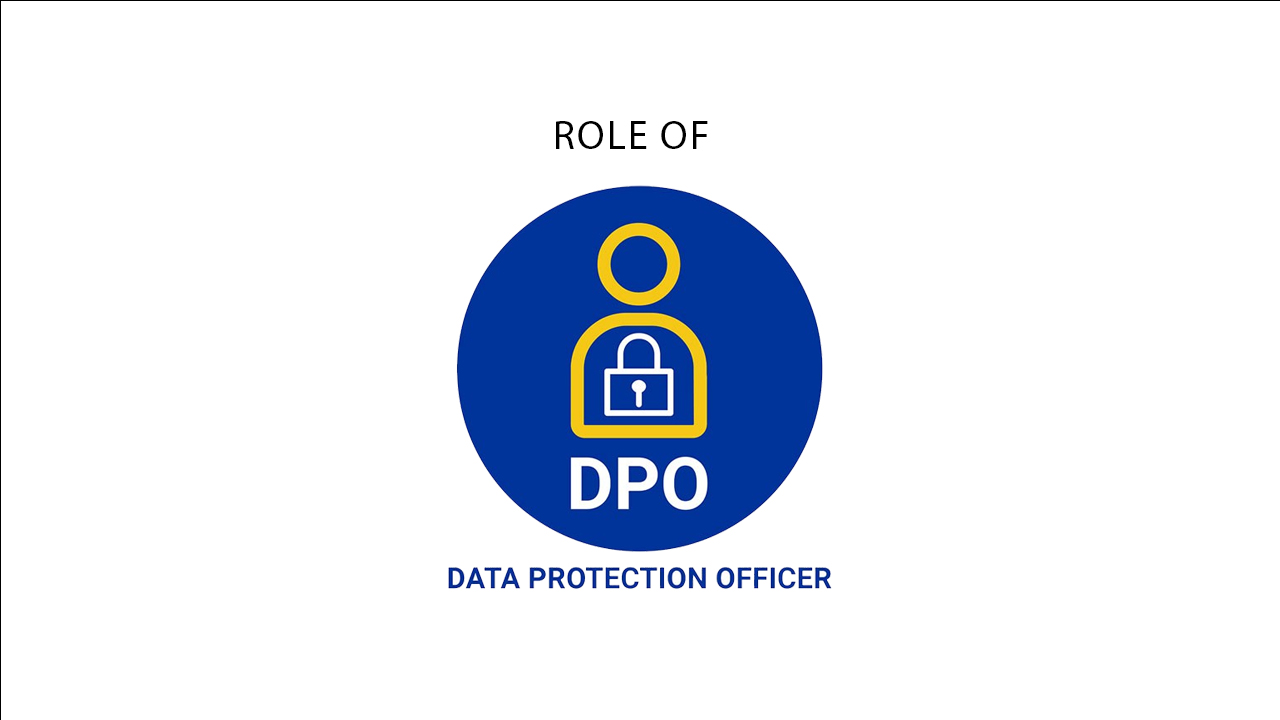Data protection officers (DPOs) play a pivotal role in safeguarding personal data and ensuring compliance with stringent privacy laws.
As organizations handle increasing volumes of sensitive information, appointing a DPO becomes essential to mitigate risks and foster trust.
This article explains the DPO's functions under the Nigeria Data Protection Act (NDP Act) 2023, highlighting their strategic importance for businesses.
Legal Framework for DPOs in Nigeria
The NDP Act mandates that data controllers and processors of major importance designate a DPO to oversee compliance (Section 32).
According to the General Application and Implementation Directive (GAID) 2025, this officer can be an internal staff member or external contractor, with their contact details published and shared with the Nigeria Data Protection Commission (NDPC).
The GAID classifies organizations into Ultra-High, Extra-High, and Ordinary-High levels based on data volume and risks, requiring DPOs for those handling significant personal data (Article 8).
This aligns with global standards, such as the UK's GDPR, where the Information Commissioner's Office (ICO) emphasizes that appointing a DPO is mandatory for certain organizations but not for all under Article 37 of the UK GDPR.
Key Responsibilities of DPOs
DPOs actively monitor data processing activities, ensuring adherence to principles like fairness, purpose limitation, and data minimization (Article 15, GAID).
They compile semi-annual compliance reports, assess privacy notices, and evaluate lawful bases for processing, including consent and legitimate interests. In breach scenarios, DPOs facilitate notifications within 72 hours.
The NDPC conducts annual credential assessments to verify DPOs' expertise, mandating continuous professional development. Organizations must support DPOs with resources and independence, preventing conflicts of interest.
Benefits and Challenges of DPO Implementation
Appointing a DPO enhances accountability, reduces breach risks, and builds stakeholder confidence. For instance, proactive Data Privacy Impact Assessments (DPIAs) under Article 28 of the NDPA GAID help identify vulnerabilities early.
However, challenges like resource constraints persist, especially for SMEs. Solutions include Data Protection Officer as a Service (DPOaaS), which provides expert oversight without full-time hires. Organizations like Ace Data Protection Consulting offer tailored DPOaaS, audits, and training to navigate these hurdles effectively.
In conclusion, DPOs drive Nigeria's data privacy maturity, transforming compliance into a competitive advantage. Organizations that prioritize DPO roles not only avoid penalties but also promote ethical data practices.

